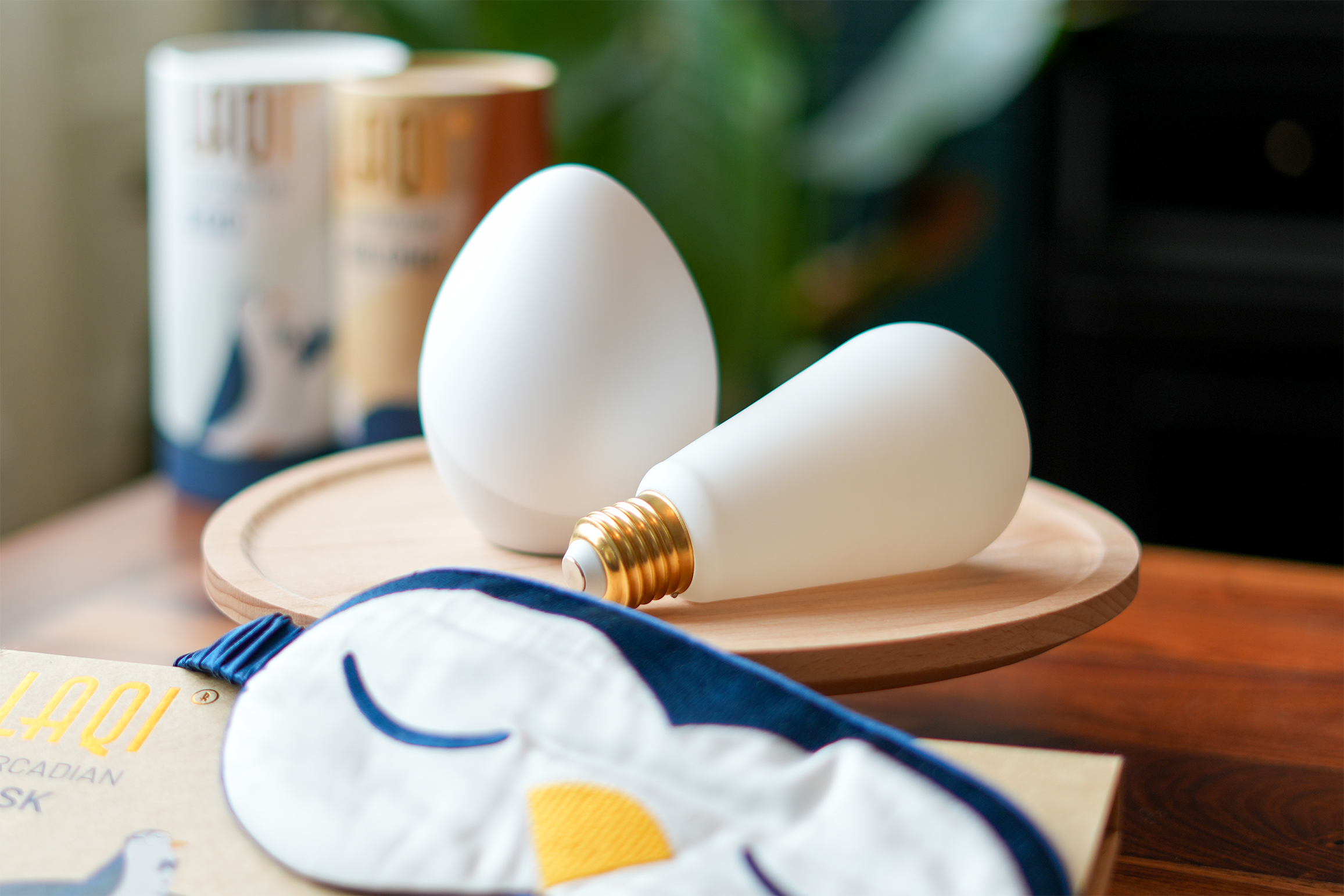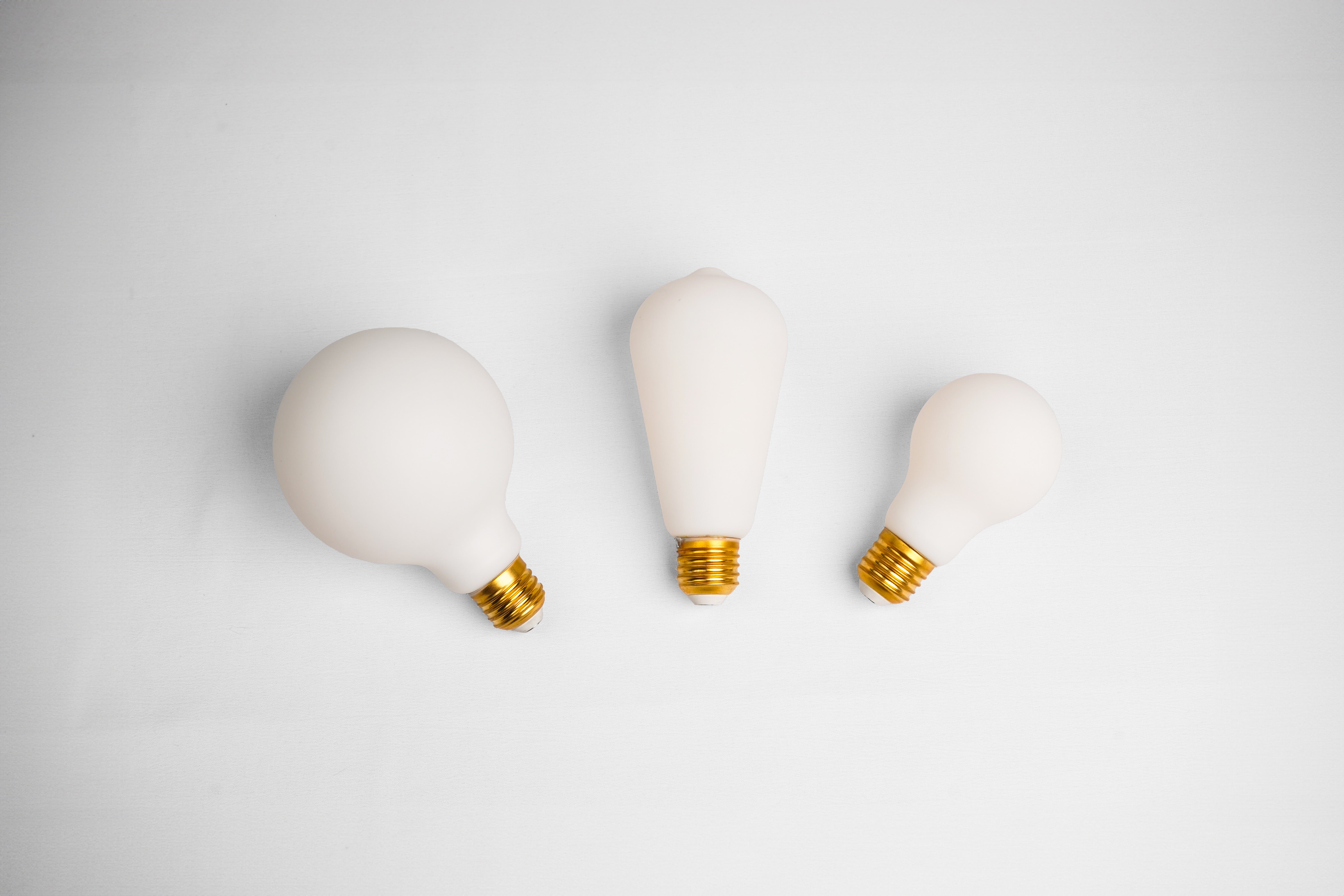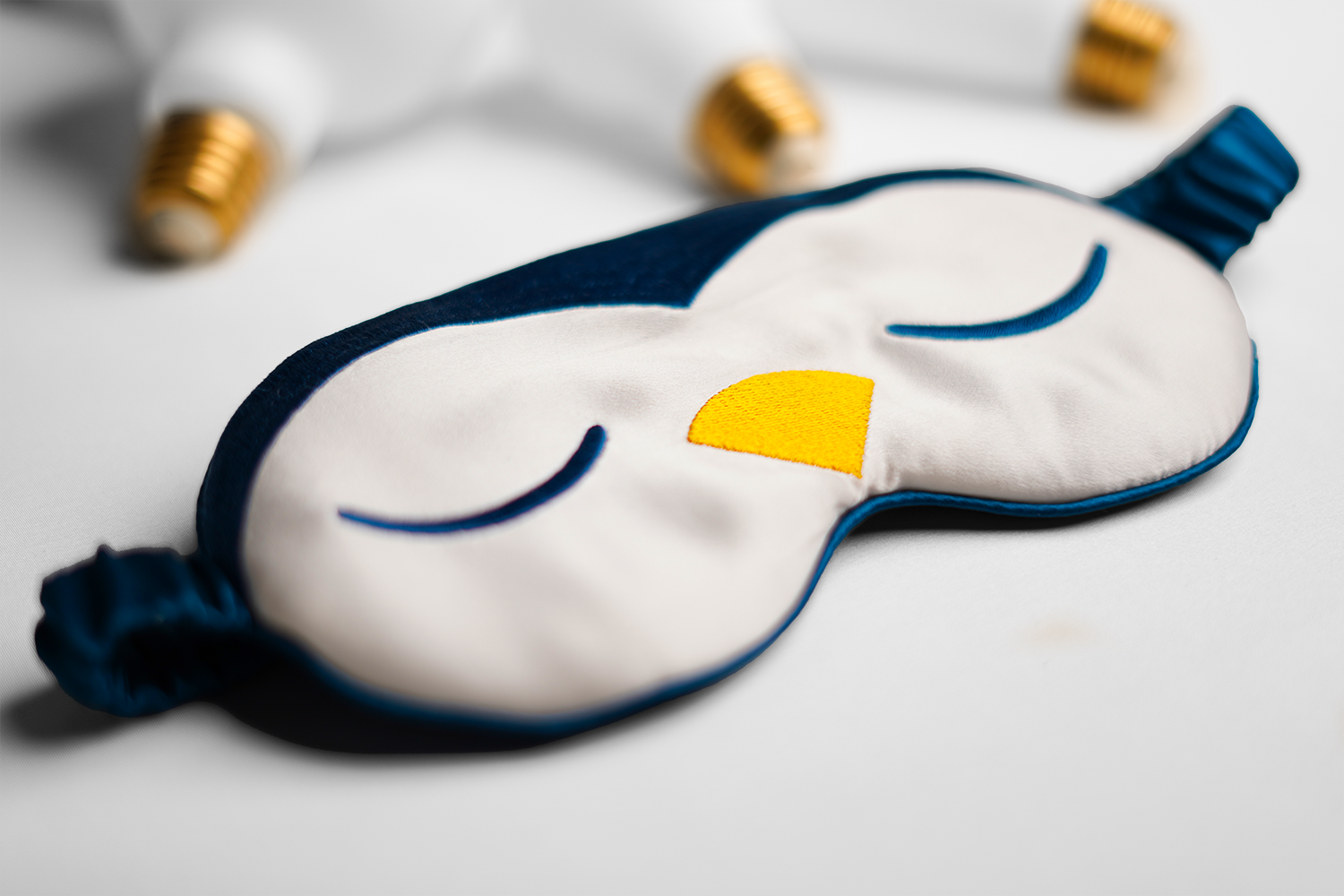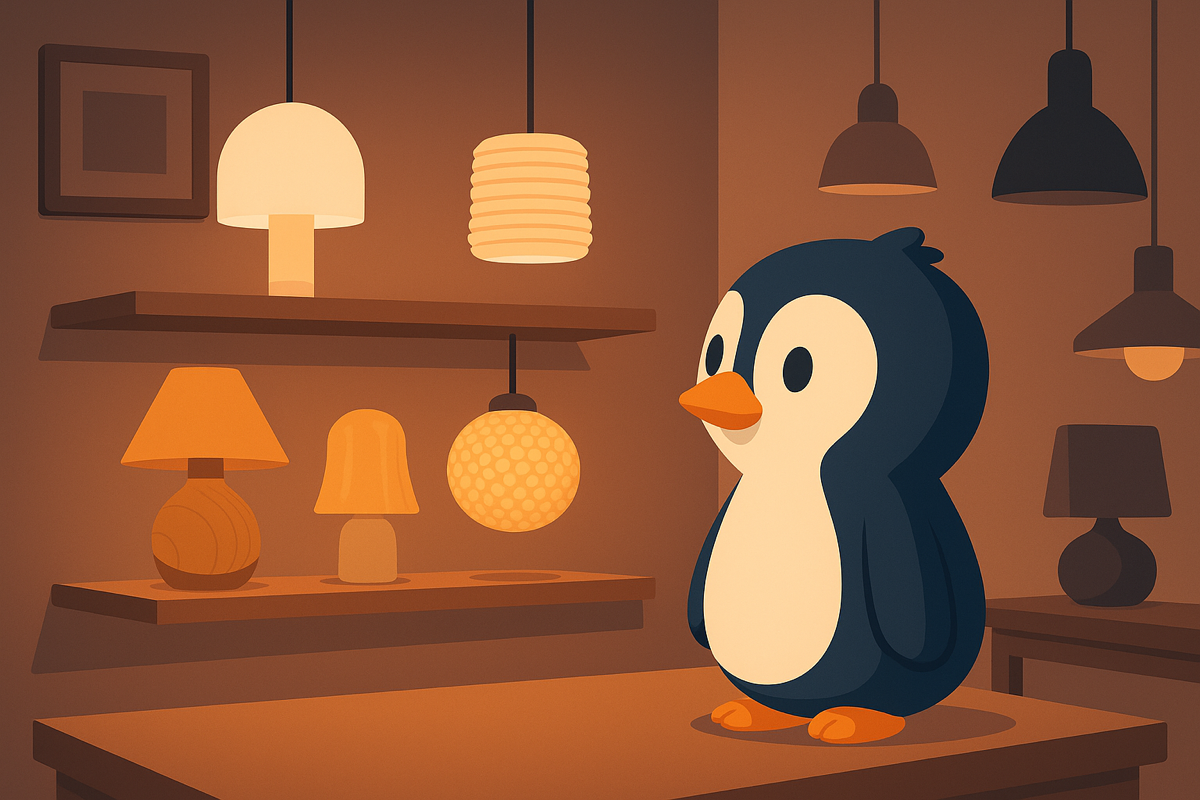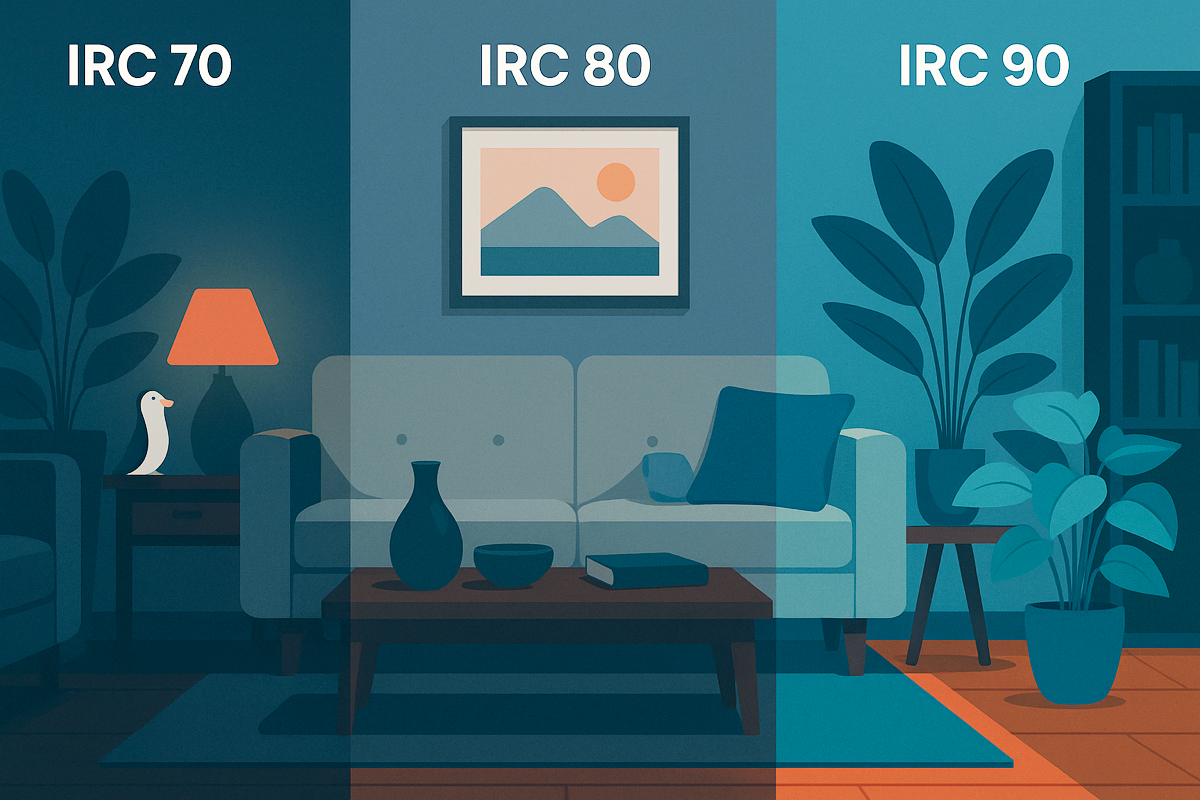Reading time: 5 min
In short:
Jet lag is a conflict between our internal clocks. Crossing time zones disrupts our sleep-wake cycle. By controlling light and preparing your body in advance, it's possible to drastically limit its effects. Circadian light is key.
📌 Summary
Why jet lag is so disruptive
When you cross several time zones, your body remains locked on the departure time. It's as if your biological clock continues to tick out of sync, refusing to immediately adjust to local time. This mismatch between external time and your internal rhythm disrupts sleep, digestion, mood, and even body temperature. This is called jet lag. And contrary to popular belief, it's not just a matter of fatigue. It's a real physiological disorder. The further east you travel, the harder it is to catch up, because you have to set your clock forward, which is more biologically complex. Generally, it takes one day per time zone crossed to recover. But it also depends on age, initial rhythm, and... light exposure. This is where things get interesting, because this factor is completely adjustable. And if you control it well, you can drastically reduce recovery time. It's not just about sleeping well on the plane, but above all about managing your internal clock well through one main lever: light.
Light: the key to resynchronization
The circadian cycle is controlled by light. Daylight tells the brain whether to stay awake or trigger melatonin production to fall asleep. When traveling, the sun doesn't rise at the same time, and the brain doesn't follow suit right away. As a result, you're sleepy at noon or unable to sleep at 2 a.m. The good news? Light can also reprogram you. By exposing yourself to the right light as soon as you wake up in your new time zone, you send the brain a clear signal: "This is the new rhythm." Conversely, reducing light exposure at the end of the day helps trigger the sleep process more quickly. This is even more true if you use circadian lighting, which is lighting that changes with the time of day. It simulates the sun's natural variations and gently guides your body toward the new schedule. Light therefore becomes a powerful tool for biological adjustment, whether you've already arrived or are still flying. And this adjustment begins well before the flight, with a few days of well-measured light anticipation.
Prepare your body before arriving
The best strategy is to gradually shift your cycle a few days before departure. For example, if you're flying east, try going to bed earlier each night. Conversely, if you're flying west, gradually delay your bedtime. But that's not enough. You also need to adjust your lighting environment. This is where circadian bulbs come in: they simulate the light in the country you're arriving in, from your home. You begin to expose your brain to a simulated sunrise or sunset, which gently prepares your body. And on the plane? The Laqi mask helps you cut out ambient light, which is often too blue and stimulating. It creates a darkness conducive to melatonin production. Even in broad daylight, you can sleep as if it were night. By combining these two strategies—mask during the flight and early lighting at home—you set your clock before you even set foot on the plane. And by the time you arrive, your body is already following the new rhythm. Result: less fatigue, better sleep, and rapid adaptation.
The Laqi solution for reduced jet lag
With Laqi products, you can prepare your circadian clock like a pro:
- Use the Laqi mask on the plane to simulate night
- Set your circadian bulbs to the time of your arrival city
All synchronized, smooth, and automatic. You let the system do its work while you relax. A valuable comfort for frequent travelers... and light sleepers.
💬 FAQ
How many days does it take to recover from jet lag?
1 day per time zone crossed. But light anticipation can reduce this time by half.
Is the mask enough to sleep on the plane?
It effectively blocks out light, which promotes sleep. But a good seat also helps.
Should we force ourselves to stay awake upon arrival?
Yes, if possible. Wait until nightfall to go to bed, even if it's difficult.
Preparing your clock means traveling lighter
Changing time zones no longer has to be disruptive. By planning ahead with the right lighting, you align your body with the new rhythm before you even board. And your sleep will thank you.
